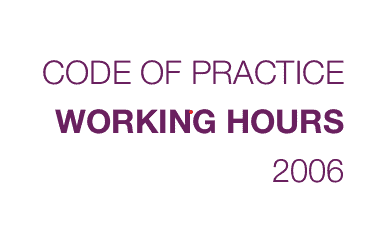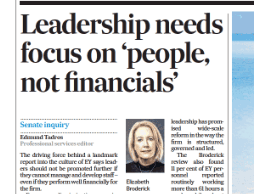This week, the Australian Parliament debates further workplace relations legislative system changes. These will have occupational health and safety (OHS) impacts, usually indirectly; however, one clear OHS element in the proposed legislation is the Right-to-Disconnect.
This change has been a long time coming and has clear and proven mental health and social benefits for workers, but you won’t hear much of the OHS justification in the media. Most of the business opposition has been alarmist noise claiming the world will end. According to the Australian Financial Review (AFR) editorial on February 1 2024. Workplace Relations Minister Tony Burke:







